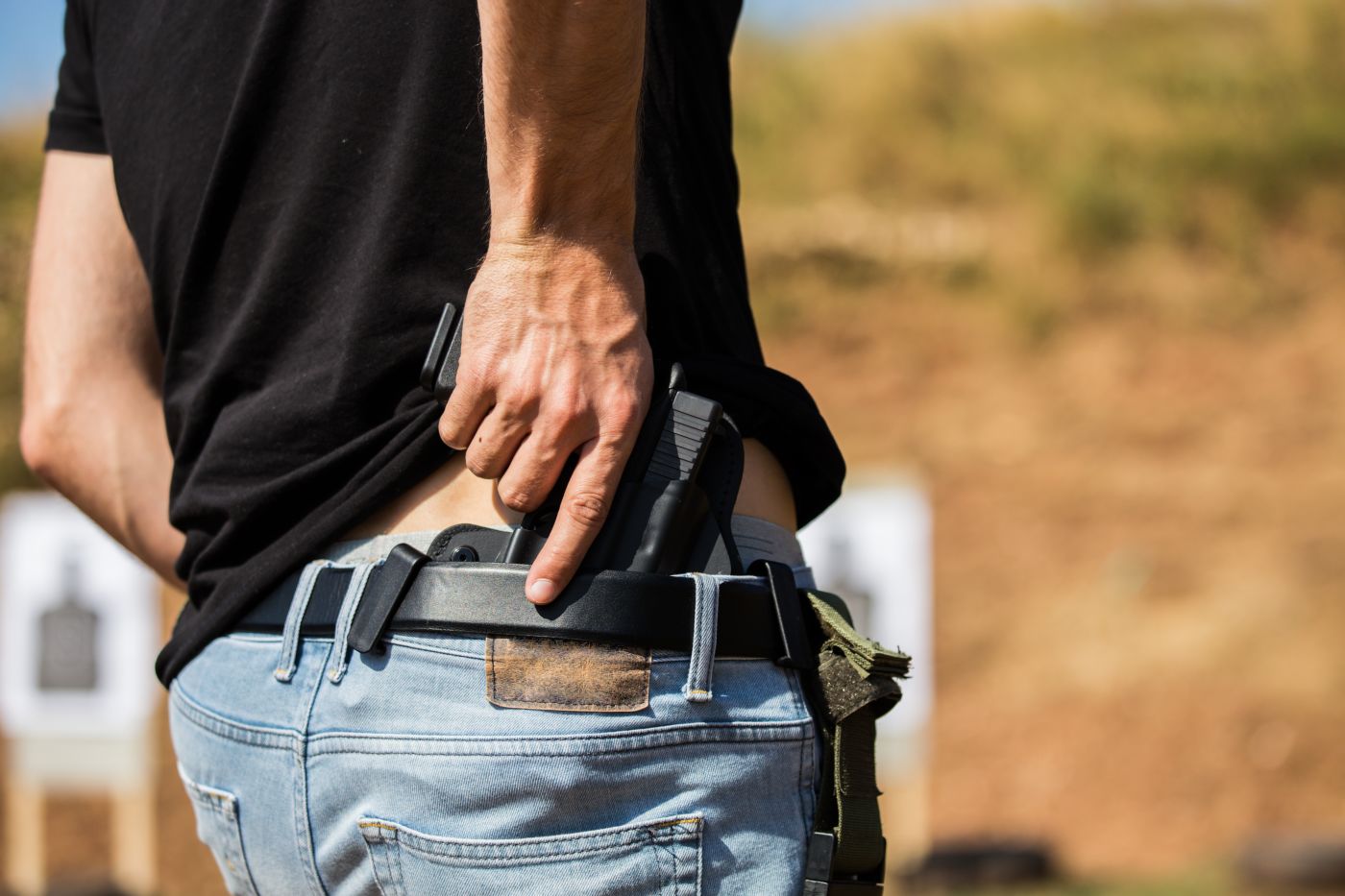
Domestic violence charges are taken very seriously in Colorado, with significant legal consequences that can affect a person's life in many ways. In these sorts of cases, there are a plethora of things you’ll need to know in order to make responsible decisions. One of the immediate concerns for someone arrested on domestic violence charges is the bond amount required for their release from custody.
Unsure of how to sift through the jargon? That’s why The Leier Law Office LLC has your back. This blog will explore how bond is determined for domestic violence cases in Colorado, the factors that influence bond amounts, and what you can expect during the bond process.
What Is Domestic Violence Under Colorado Law?
Before diving into the bond process, it’s important to understand what constitutes domestic violence under Colorado law. Domestic violence is not a standalone charge but an enhancement that applies to other criminal charges when the victim and the accused share a specific relationship. This relationship typically includes spouses, former spouses, intimate partners, or co-parents.
Colorado defines domestic violence broadly, encompassing any act or threatened act of violence against someone with whom the accused has an intimate relationship. It also includes crimes against property, like vandalism or theft, when they are used to control, coerce, intimidate, or punish the victim. Due to the serious nature of these charges, the legal system in Colorado has stringent measures in place, including how bond is determined.
How Is Bond Determined in Domestic Violence Cases?
When someone is arrested for domestic violence in Colorado, they are usually held in custody until they can appear before a judge, typically within 24 hours. During this initial appearance, the judge will determine whether bond should be granted and, if so, the amount.
Several factors influence the bond amount in domestic violence cases such as the severity of the alleged crime, criminal history, risk of flight, and the risk presented to the victim and local community.
Severity of the Alleged Crime
The nature and severity of the alleged crime play a significant role in determining bond. For example, if the domestic violence charge is linked to a serious felony, such as assault with a deadly weapon, the bond amount will likely be higher than for a misdemeanor charge like harassment. The more severe the crime, the higher the perceived risk, leading to a higher bond amount.
Criminal History
A defendant’s criminal history is another crucial factor. If the accused has prior convictions, especially for domestic violence or other violent crimes, the judge may set a higher bond. A repeat offender is considered a greater risk to the community and the alleged victim, which can justify a higher bond amount or even a denial of bond in extreme cases.
Risk of Flight
The judge will also assess the defendant’s likelihood of appearing in court for future hearings. If there is a perceived risk that the accused might flee the jurisdiction to avoid prosecution, the bond amount may be increased. Factors such as ties to the community, employment status, and family connections can influence this determination. A strong connection to the local area might result in a lower bond, while a lack of ties or a history of missing court appearances can lead to a higher bond.
Risk to the Victim and Community
In domestic violence cases, the safety of the victim and the community is paramount. The judge will consider whether releasing the accused on bond might pose a danger to the victim or others. If the judge believes that the accused poses a significant threat, they might set a higher bond or impose additional conditions, such as a no-contact order, to protect the victim.
Typical Bond Amounts for Domestic Violence in Colorado
While bond amounts can vary widely based on the factors mentioned above, there are some general ranges that can provide insight into what might be expected in domestic violence cases in Colorado.
Misdemeanor Charges: For misdemeanor domestic violence charges, bond amounts typically range from $500 to $5,000. These amounts can vary based on the specifics of the case, including the severity of the alleged crime and the defendant's history.
Felony Charges: For felony domestic violence charges, bond amounts are generally higher, often ranging from $5,000 to $50,000 or more. Severe felonies, especially those involving weapons or serious injuries, can result in even higher bond amounts.
No Bond Situations: In certain cases, particularly where there is a significant threat to the victim or community, or if the defendant has a history of violent offenses, the judge may deny bond altogether. In such cases, the accused would remain in custody until the case is resolved or the judge revisits the bond decision.
The Role of a Criminal Defense Attorney in Bond Hearings
Having an experienced criminal defense attorney is critical during the bond hearing process. A skilled attorney can advocate for a reasonable bond amount, arguing factors such as the defendant’s ties to the community, lack of prior criminal history, and willingness to comply with court orders. They can also help make sure that any additional conditions of release, such as no-contact orders, are fair and reasonable.
Negotiating Bond Terms
In some cases, a criminal defense attorney may negotiate the terms of the bond with the prosecution before the hearing. This negotiation can include discussions on the bond amount, conditions of release, and other relevant factors. By negotiating beforehand, the defense can present a united front to the judge, potentially leading to a more favorable outcome for the defendant.
Contesting Excessive Bond Amounts
If the bond amount set by the judge is excessively high, the defense attorney can file a motion to reduce the bond. This motion would typically argue that the bond amount is disproportionate to the alleged offense or that the defendant does not pose a significant flight risk or threat to the community. The attorney can present evidence and arguments to support a lower bond, making it more feasible for the defendant to secure their release.
What Happens After Bond Is Set?
Once the bond amount is set, the defendant has the option to pay the bond or seek the services of a bail bondsman. Paying the bond directly involves posting the full amount in cash, which will be returned at the conclusion of the case, provided the defendant complies with all court orders and appears for all scheduled hearings.
If the defendant cannot afford to pay the full bond amount, they can use a bail bondsman. Typically, this involves paying the bondsman a non-refundable fee, usually around 10% of the total bond amount. The bondsman then posts the full bond amount on behalf of the defendant. If the defendant complies with all court requirements, they won’t owe any further money, but the fee paid to the bondsman is non-refundable.
Understanding the Bond Process in Domestic Violence Cases
Working through the bond process in domestic violence cases can be challenging, particularly given the serious nature of the charges and the potential consequences. Understanding how bond is determined and what factors influence the bond amount is crucial for anyone facing these charges in Colorado.
Work With a Knowledgeable Attorney
An experienced criminal defense attorney plays a vital role in advocating for a fair bond, making sure that the defendant's rights are protected throughout the legal process. If you or a loved one is facing domestic violence charges in Colorado, it's essential to seek legal counsel as soon as possible to help secure the best possible outcome.
By working with a knowledgeable attorney, you can better understand the bond process, explore your options, and make informed decisions that can help you move forward. When you need an experienced attorney to represent you, The Leier Law Office LLC is here to support you in whatever way you need. We’re available 24/7 to answer your questions and concerns no matter the hour. Contact us today to schedule your consultation especially if you are in the Fort Collins, CO, Loveland, Greeley, Windsor, and Evans areas!



